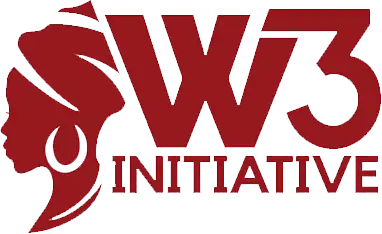W3 Initiative Human Rights Program
As a women-led NGO, W3 Initiative works to ensure the protection of Women’s Human Rights Defenders (HRDs) as enshrined in the Ghanaian Constitution, Universal Declaration of Human Rights and other instruments.
We hold strong that the realization of Civil, Political, Digital, Environmental and Economic Rights strengthens democracy, while the realization of social and cultural rights would ensure that the Ghanaian society is fairer and more cohesive. It is through the work of HRDs, including human rights monitoring and advocacy efforts, that state authorities obtain a clearer and more realistic picture of how citizens are able to exercise the rights and fundamental freedoms enshrined in international treaties and Ghana’s Constitution.
Our human rights works span across key areas including but not limited to:
- Digital Rights for Women and Girls with Disabilities- seeking access to ICT education, employment opportunities, public and private services
- Sexual Reproductive Health and Rights SRHR- Seeking abolition of harmful laws and practices that dehumanizes women and girls
- Social and political Rights- taking on systems that pose barriers to women and girls participation in decision making or that minimizes their potentials to compete with their male counterparts
- Environmental Rights- challenging environmental degradation that undercut women’s livelihood such as mining, chemical disposals, toxic emissions, forceful evasions from their farmlands
In spite of the important contributions of HRDs, they are often subjected to forms of intimidation and harassment including smear campaigns, criminalization and arrests. In many campaigns, restrictions have been imposed which limit the space for civil society work, which also affects HRDs. In this regard, W3 Initiative’s HRD program supports HRDs by employing various tools and approaches:
- Improving the capacity to monitor and respond to human rights violations, including through the use of digital tools and new open source methodologies.
- Improving the capacity to develop security plans and protection mechanisms for women HRDs from Ghana and those fleeing to Ghana for protection including safe shelter and workspace.
- Enabling peer-to-peer networking and collaboration with the development of cross Border/international support networks.
- Raising awareness about the work of HRDs among the public and increasing their capacity to garner support including by using new media technologies.
- Monitoring the efforts of the State to put in place policies for the protection of HRDs and implementation of international agreements
